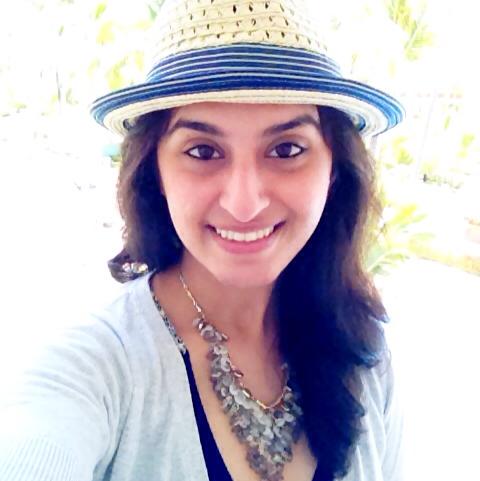When I was a child, Ramadan – like the life that stretched before me – seemed magical. Forbidden for the very young, fasting was a mark of adulthood, a rite of passage for which we were all too eager. You woke for the early morning meal with a sense of pride, keen to know what mysterious things adults got up to at this delicious hour.
As I grew older, Ramadan became a time to pause life, a time for reflection as well as a time for community. Growing up outside of our respective ethnic identities and cultures, this month provided the chance to regroup and reconnect with friends and family.
We became used to a melding of cultures where we’d reach for spices in two languages during iftar, knowing only our ethnic name for certain spices and only the English one for others (I will never call “saunf” aniseed or “dhaniya” cilantro, but “namaak” will always be just plain old salt to me). We indulge in kibbeh and kunafeh at our Arab friends’ houses, in pakoras and dahi bade at our South Asian friends’ houses. During Ramadan, we seem to make up for the things we never realized we were missing – the sound of adhan from all corners, mosques on every block, altered work hours to make the fast easy: all things available in the Muslim-majority countries from whence most of us came.
After my brother’s passing, Ramadan became a month of refuge from the chaos of my grief. It allowed me space to breathe, mourn, to build up strength for the remainder of the year. The past few years, I have been able to recharge and re-center during this holy month by finding solace in the strength of the spiritual.
But this year? This year is different.
This Ramadan, I’m losing my balance. This Ramadan, I am off-center and unable to find my way back. This Ramadan, I feel disconnected from my community and from my faith, and for the first time in many years, I am unable to find the answers in the sanctuary of this month.
My faith in God remains unshaken – that I believe in Him is a foregone conclusion. Even in the wake of my brother’s death, in the wake of heartbreaks that have refused to fully heal, in the wake of setbacks and stumbles in life, in my career, or in love, I strove to understand that some things are beyond understanding. I held firm to the idea that everything has a reason, and that in every loss is a kernel of something indefinable that won’t make sense in my journey until much later. My belief in Him is inexorable.
And yet this year, I am frustrated with many things. I am frustrated with the scholars whose opinions I once respected but who now seem to not understand the all-encompassing beauty and vastness of this religion. I am disappointed with humanity, which seems to veer between wallowing in its own complacency or distorting human passions into ugliness and vitriol. Then there is our community that seems to lose its cohesiveness each year and remains incapable of accepting or respecting the various interpretations that exist within. And, I am frustrated with the world, which is intent on burning around us.
This year, I struggle because I blame God.
I blame God – the one who allows us to love impossible people. God, who makes us optimistic and hopeful because we believe in the impossibility of His existence. God, who, by giving us the tools to perceive the sheer improbability of our own existence leads us to turn a blind eye towards rather than face that we are improbable creatures in a beautiful improbable universe. God, who shows us the distant past in our stars, the blink of a pinpoint of light millions of light years away that was snuffed out millions of years ago. God who permits us to envision possible futures with our thoughts and imagination.
This year, I am struggling with my complex feelings towards the Divine, but I welcome the struggle, because it means change and shaking up the status quo. Just as fractures allow the bone to heal back stronger than before, perhaps the hidden fractures in my faith are meant to refortify my soul. Because I realize in my struggle that I would rather look to the stars, imagine a bright future, and maintain an unwavering optimism. For this ability – at the bare minimum, to believe – I am grateful.
It’s a different Ramadan lesson than what I’m used to, but, perhaps, that’s the point.
—-
Zainab Chaudary works in politics by day and as a writer by night. Her blog, The Memorist, ruminates upon travel, religion, science, relationships, and the past, present, and future experiences that make up a life. She tweets @TheMemorist












